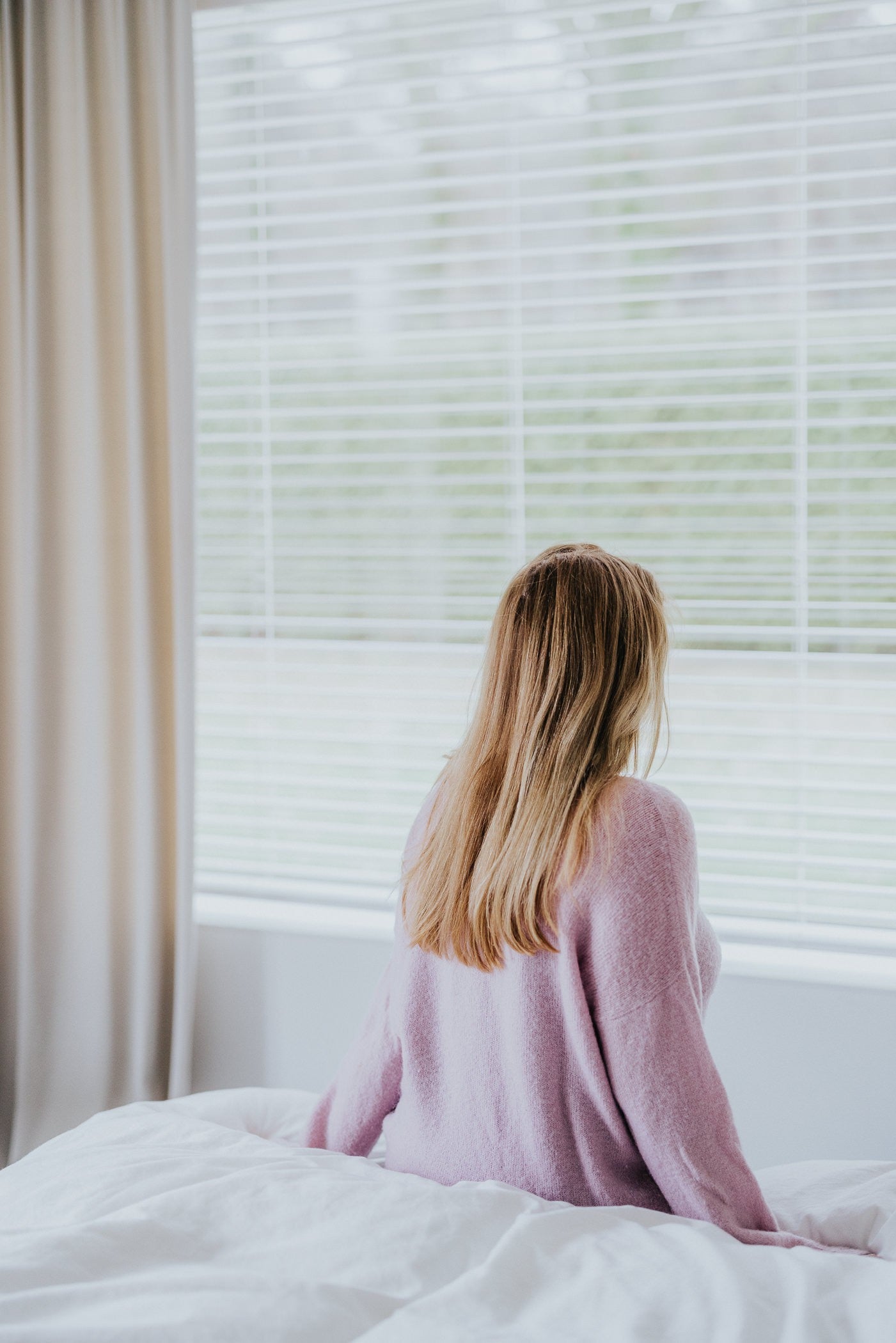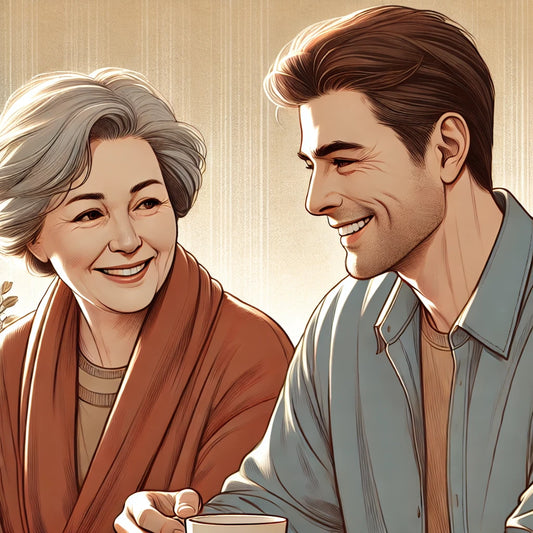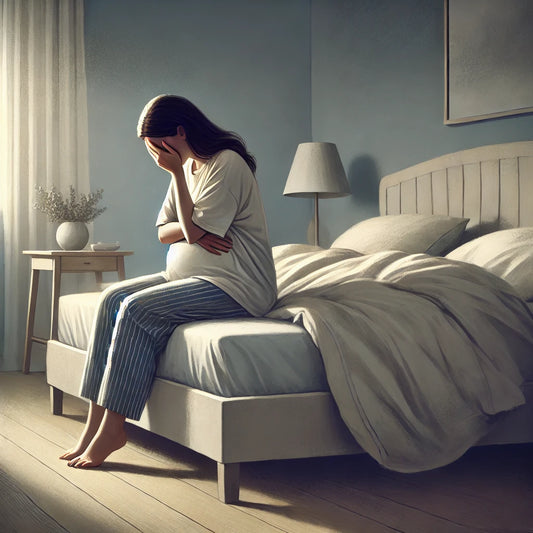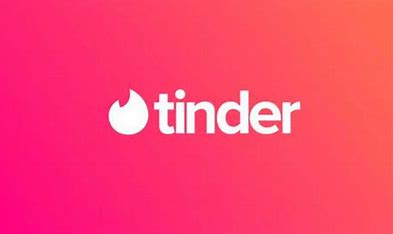Not in the mood for Sex – What’s really going on?
“I just don’t feel like having sex.”
We hear it more often than you might think. And no, it’s not just women over 50 who say it. In fact, research shows that for many women in that age group, desire can actually increase.
So, who’s not in the mood?
Surprisingly — it’s the younger generation. Yes, the youth — supposedly in their sexual prime — are reporting a sharp decline in sexual desire. What’s happening?
A Changing Sexual Landscape
Sex is everywhere. On your phone, on TV, in music, in memes. It’s part of our daily lives — but not necessarily our inner lives. While openness about sex has increased, so has pressure.
Pressure to be hot. To be desirable. To have wild, unforgettable sex. To be ‘normal’ — whatever that even means anymore.
In fact, studies show that young people today are having less sex than previous generations.
A 2021 study published in JAMA Network Open revealed that the number of sexually inactive men aged 18–24 nearly doubled between 2000 and 2018 — from 18.9% to 30.9% [¹]. Women showed similar trends.
Another large-scale study from the UK found that nearly 1 in 5 people aged 18–29 had not had sex in the past year [²].
Social Media’s Role in Shaping Desire
Let’s face it — social media plays a massive role in shaping how we see ourselves and others.
We scroll through curated perfection: flawless bodies, spicy stories, sensual content. It’s easy to feel like you’re the odd one out if your real-life sexual experiences (or desires) don’t look like that.
Psychologists warn that social media contributes to distorted expectations and rising anxiety around intimacy.
A report by the UK’s Children’s Commissioner stated that exposure to unrealistic sexual content online causes young people to feel pressured, confused, and anxious about sex [³].
The Self-Esteem Struggle
We’ve been subtly taught that unless we’re desirable, sexy, and active, we’re missing something. And that idea chips away at our self-worth.
But healthy sexuality doesn’t come from performance. It grows from safety, trust, and self-acceptance.
When we’re constantly comparing ourselves to digital ideals, our sense of adequacy collapses. And in some cases, this can lead to symptoms of depression, sexual aversion, and identity confusion.
You're Not Broken — You're Human
Let’s make one thing clear: not wanting sex doesn't mean something is wrong with you.
You might be asexual. You might be stressed. You might still be figuring things out — and all of that is okay.
You are not a consolation prize. You’re not behind. You’re not broken. You’re enough, just as you are.
Talk About It – You’re Not Alone
It’s okay to not feel like having sex. But if it starts to weigh on you or raise questions, please talk about it.
Whether it’s with someone you trust or with a sex therapist — talking helps.
Sexuality isn’t just about desire. It’s about identity, safety, expression, and connection. And when we feel lost or out of sync with it, we deserve support.
At My Own Filo, we believe in realness. No filters. No pressure. Just you — whole, worthy, and welcome.
Need support or want to explore more? Reach out to us. You’re not alone. 💛
📚 Sources:
-
Ueda, R. D., Mercer, C. H., & Herbenick, D. (2021). Trends in sexual inactivity among young adults in the US, JAMA Network Open, https://jamanetwork.com/journals/jamanetworkopen/fullarticle/2777973
-
Natsal-3 Study (2013). National Survey of Sexual Attitudes and Lifestyles, UK.
-
Children's Commissioner for England (2020). “The Things I Wish I’d Known”: Young people, porn & sexual relationships, https://www.childrenscommissioner.gov.uk





